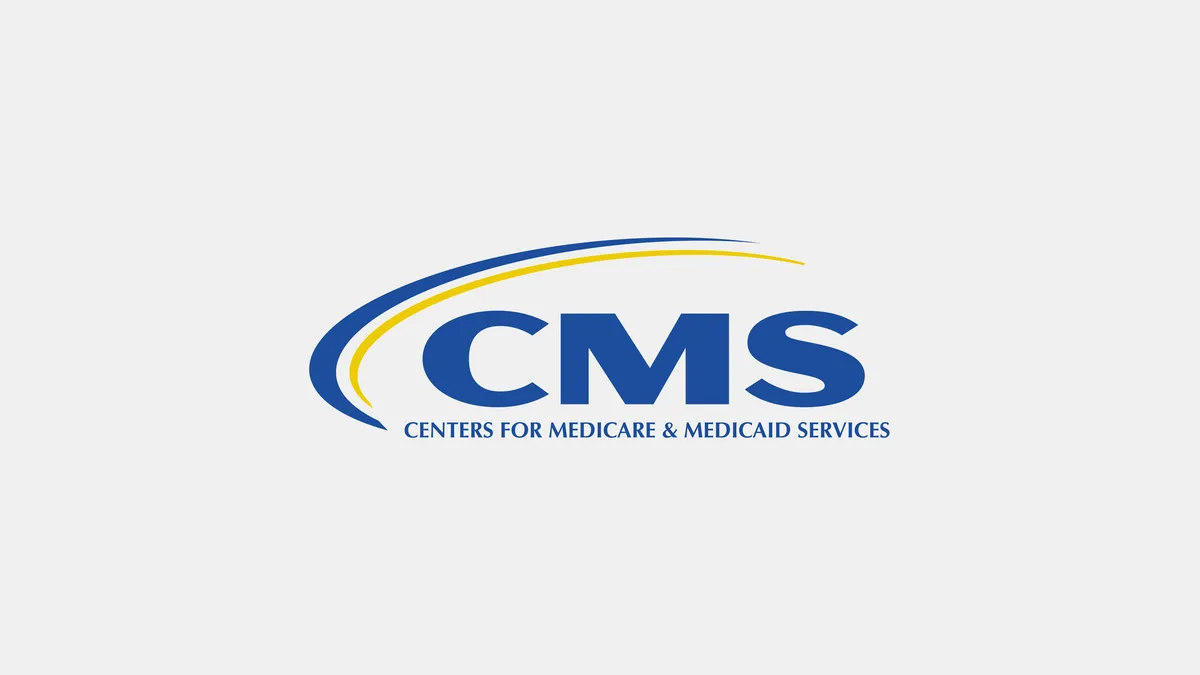Dive Brief:
-
CMS is proposing a transitional add-on payment for new and innovative devices for kidney care, the agency unveiled Monday in its 2020 proposed rule outlining changes to its end stage renal disease (ESRD) and durable medical equipment (DME) programs.
-
The proposed regulations also pitch a novel way of calculating fee schedule payments for new durable medical equipment. Another proposal would adjust payments if supplier or commercial prices fall within five years of the creation of initial fee schedule amounts.
-
Cowen Washington Research Group's Rick Weissenstein wrote in a note he predicts few changes will be made to the rule before it is likely finalized in late October.
Dive Insight:
CMS projects total payments to hospital-based ESRD facilities to rise 1.9% year to year, while payments to freestanding renal care facilities like DaVita and Fresenius are set to increase 1.5%. The update would translate to a $210 million increase in overall ESRD spending.
One of the agency's proposed updates to its ESRD policy is a transitional add-on payment adjustment for commercially available, innovative equipment or supplies for end stage renal disease cleared by FDA after Jan. 1, 2020, that meet substantial clinical improvement criteria, aimed at encouraging the adoption of new dialysis treatments.
The payment provision builds on a July 10 executive order aimed at modernizing U.S. kidney care, in part by shifting renal disease patients away from in-center dialysis and pushing development of artificial and wearable kidney devices. Baxter, CVS, DaVita and Fresenius responded to the news touting plans to enhance their home dialysis offerings.
In its second quarter earnings report Tuesday, Germany-based Fresenius said the executive order will boost its home strategy and announced it's investing about €100 million (roughly $111 million) to enhance its U.S. services footprint. Baxter said last week it plans to invest around $500 million to increase its U.S. renal care manufacturing capacity.
"The changes we are proposing in this rule will also modernize outdated government policies to facilitate greater competition in the DME market, ensure accurate Medicare payments to protect taxpayers and advance innovation across our healthcare system so patients can receive the treatment options that work best for them," CMS Administrator Seema Verma said in a statement.
In the proposed rule, CMS rejected industry's proposal to use manufacturer suggested retail prices to gap-fill fee schedule amounts, saying "our experience has revealed the retail prices suggested by manufacturers often are inflated and do not reflect commercial competitive pricing, or a price that is paid to a supplier for furnishing items and services."
The agency said that while the adjustments to DME fee schedule amounts will incur some savings, those savings are offset by the costs of establishing pricing based on supplier invoices or prices from commercial payers, resulting in a "negligible" fiscal impact. CMS said the proposed DME regulations "are not considered to have a significant impact on a number of small suppliers."
The proposed rule also requests information on how CMS can collect additional data on the mail order diabetic test strip market in response to a legal requirement the agency use "multiple sources of data." Currently, CMS only uses Medicare Part B data collected by the Office of Inspector General.












